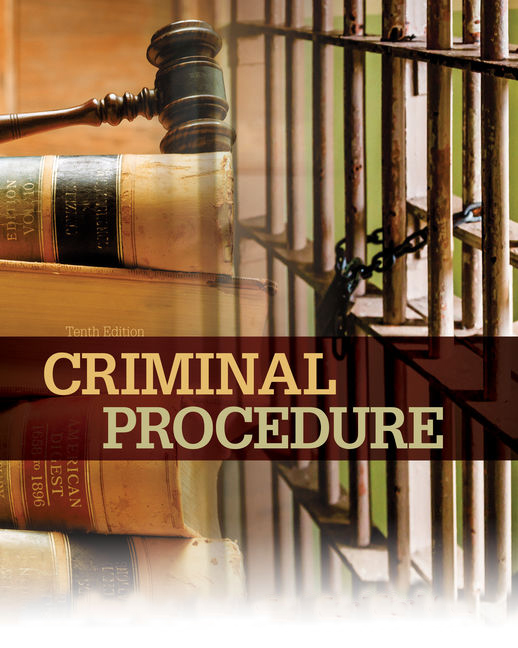Courts are empowered to direct deposit of rent at a rate at which the tenant is found to have agreed to pay rent to the landlord: High Court of Delhi
Courts are empowered to direct deposit of rent at a rate at which the tenant is found to have agreed to pay rent to the landlord on the basis of documents on record even if the tenant disputes or controverts the same as upheld by the High Court of Delhi through the learned bench led by Justice Amit Bansal in the case of Sunil Dutt Sharma v. Rajni Sharma (CM(M) 2/2020 & CM No. 46/2020 (for stay))
The brief facts of the case are that the suit from which the present petition arises was filed for possession, recovery of arrears of rent, damages, interest and permanent injunction in respect of a property at Ram Nagar, Shahdara, Delhi. The suit property was let out to petitioner for a period of eleven months with effect from 1st May, 2015 for rent of Rs.20,000/- per month exclusive of electricity, water and other charges. A registered Rent Agreement was executed between the parties on 8th May, 2015. The petitioner used to make payment of rent through monthly cheques but was a chronic defaulter and had defaulted in payment of monthly rent and other charges since June, 2015.
The Hon’ble Court held, “It is an admitted position that the Rent Agreement between the parties was a registered document and that the petitioner has not denied his signatures on the said document. It is also a matter of fact that in terms of the said registered Rent Agreement, the petitioner made payments of Rs.20,000/- towards rent by way of cheques which were dishonoured. In the present case, the Trial Court has correctly fixed the deposit of rent under Order XV-A of the CPC on the basis of the rent agreed between the parties in the registered Rent Agreement. Accordingly, there is no infirmity in the impugned order passed by the Trial Court which requires interference by this Court in exercise of its jurisdiction under Article 227 of the Constitution of India.”
Click here to read the Judgment
Judgment reviewed by Vandana Ragwani





